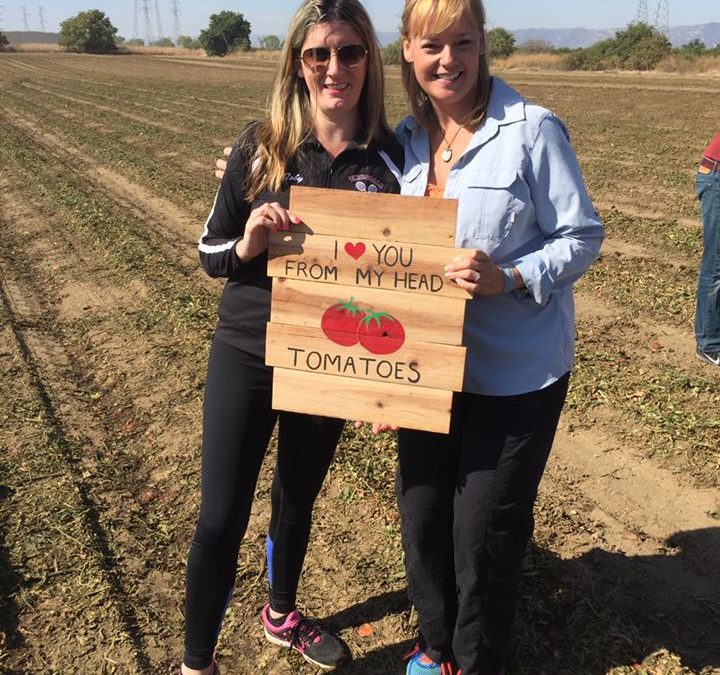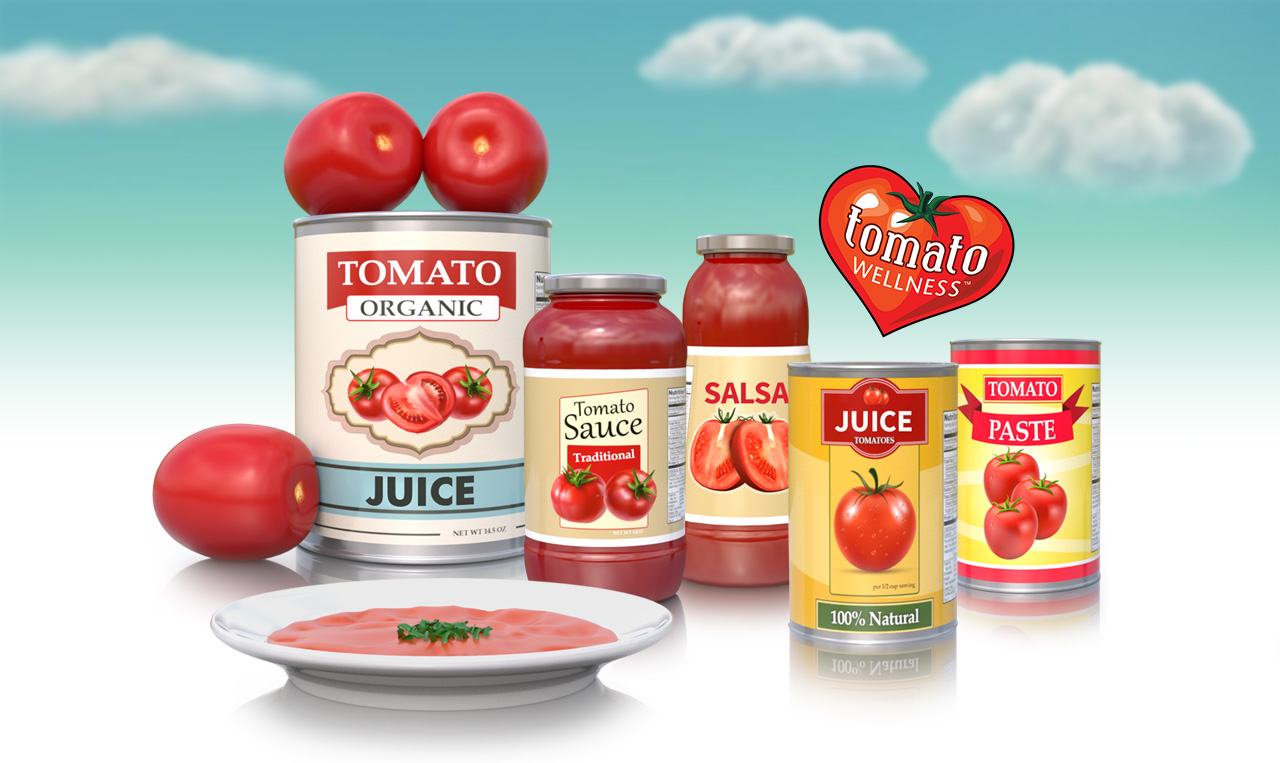 Meet Toby Amidor, who is the Tomato Wellness Registered Dietitian of the month for February 2021! You probably already know her as she’s EVERYWHERE! With over 20 years of experience in the food and nutrition industry, Toby Amidor, MS, RD, CDN, FAND is a Wall Street Journal best-selling cookbook author, spokesperson, speaker, leading dietitian, and recipe developer who believes that healthy and wholesome can also be appetizing and delicious. We have known and worked with her for many years, and she actually was on the very first RD Tomato Tour we helped to coordinate with our friends at Pacific Coast Producers. Having experienced the tomato harvest for herself, and being such a credible and widely respected expert on health, food safety and nutrition, we often turn to her to help explain the benefits of tomato products and to bust any negative myths about canned foods. Enjoy below some of her words on canned tomatoes, and a few of her delicious recipes featuring canned tomatoes!
Meet Toby Amidor, who is the Tomato Wellness Registered Dietitian of the month for February 2021! You probably already know her as she’s EVERYWHERE! With over 20 years of experience in the food and nutrition industry, Toby Amidor, MS, RD, CDN, FAND is a Wall Street Journal best-selling cookbook author, spokesperson, speaker, leading dietitian, and recipe developer who believes that healthy and wholesome can also be appetizing and delicious. We have known and worked with her for many years, and she actually was on the very first RD Tomato Tour we helped to coordinate with our friends at Pacific Coast Producers. Having experienced the tomato harvest for herself, and being such a credible and widely respected expert on health, food safety and nutrition, we often turn to her to help explain the benefits of tomato products and to bust any negative myths about canned foods. Enjoy below some of her words on canned tomatoes, and a few of her delicious recipes featuring canned tomatoes!
Toby Amidor – As a registered dietitian, part of my role is to debunk nutrition myths and provide a science-based reason why they are myths. As I am a huge fan of canned tomatoes, one of my biggest pet peeves is when folks and media outlets trash canned foods without really knowing all the facts. Please stop trashing canned foods, especially canned tomatoes, and understand the agricultural facts and science. Click here for four common myths about canned foods debunked, plus a ton of ways to use canned tomatoes in your dishes.
Many believe that the foods being canned are rejected foods but that couldn’t be further from the truth. Fruits and vegetables, including canned tomatoes, are specifically bred to be canned for their stronger flavor and for their firmness so they can hold up to being harvested by machines (this doesn’t mean GMOs are used). Over the last 40 to 50 years, scientists have gotten very good at breeding tomatoes to get the perfect blend of flavor and structure. The tomatoes used for canned tomato products are machine picked, not handpicked so they need to be sturdy. After the tomatoes are handpicked, they are cooked to preserve them. No additional additives or preservatives are needed. .
Of course, fresh is certainly a healthy option too. There is a time and place to use both fresh and canned in a healthy eating plan. If the fruit or vegetable is in season, enjoy it as a snack or in a sandwich. However, if you’re cooking or the fruit or vegetable isn’t in season, turn to canned (like canned tomatoes) for the best and most consistent flavor.
Health Benefits of Canned Tomatoes
Tomatoes and tomato products contain a wide variety of nutrients, including vitamin C, Vitamin E, potassium, and fiber. They’re also loaded with powerful antioxidants, such as beta-carotene and lycopene. Tomatoes are actually cooked during the canning process, and lycopene has actually been found to be more absorbable by the body in its cooked form. Therefore, canned tomatoes actually have more of the cancer-fighting lycopene than the raw variety.
In The Kitchen
Canned tomatoes are a permanent staple in my pantry. You can find them in many different forms, such as whole peeled, diced, stewed, crushed in puree, tomato paste and tomato puree. Here are some of my favorite ways to use canned tomatoes:
- Crushed tomatoes are a great base for a creamy tomato soup.
- Diced tomatoes are a nice addition to chili and curry.
- Whole crushed or stewed tomatoes can be used to make a homemade pasta sauce.
- Add tomato paste and/or diced tomatoes to homemade soups.
- Use fire-roasted crushed tomatoes to make a salsa for chicken and fish.
For more recipes featuring canned tomato products, check out some of Toby’s favorites:
Easy Eggplant Parmesan
Warming Tomato Soup with Peas and Carrots
Chicken Parm Casserole




Recent Comments